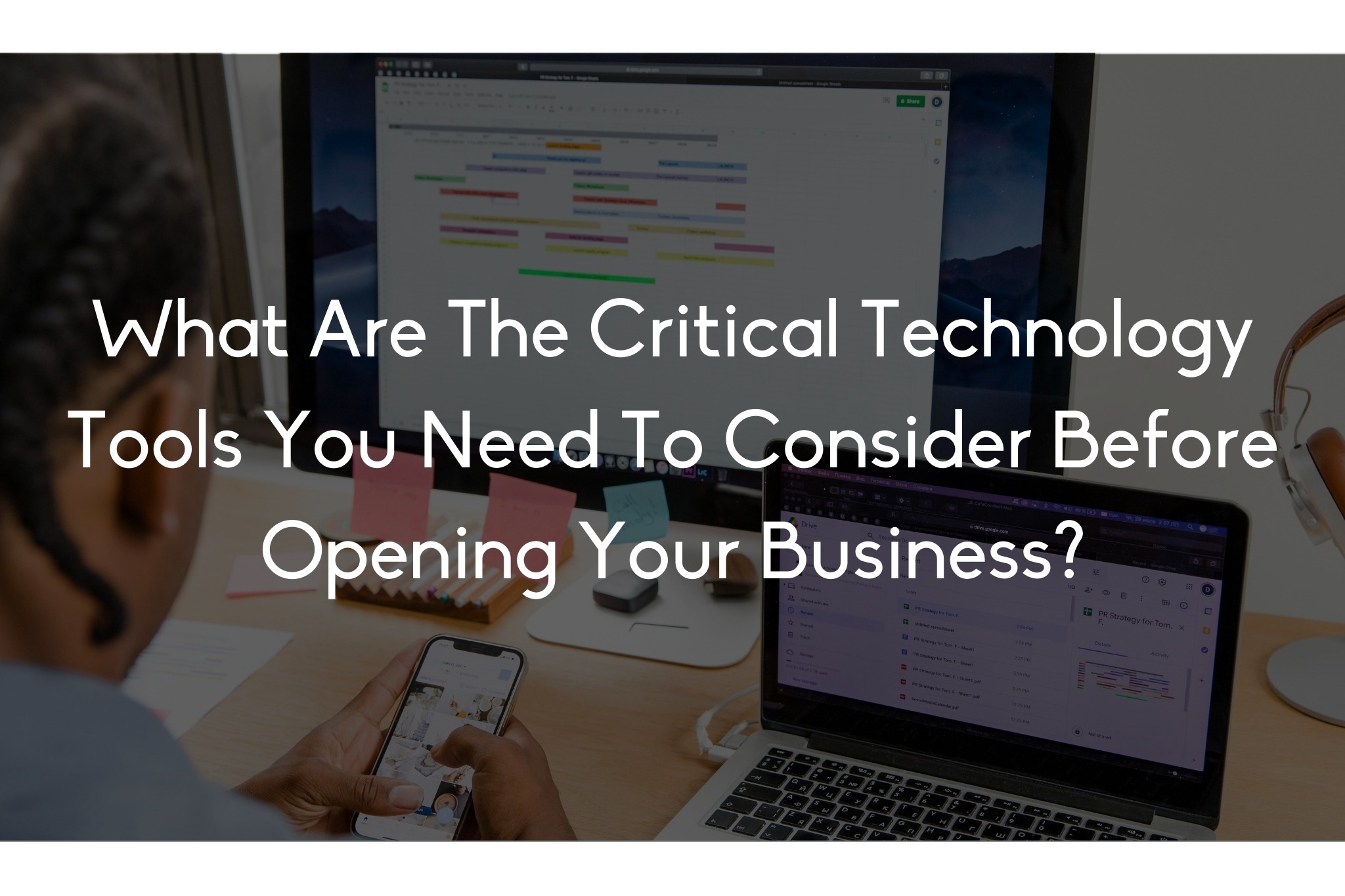
In the fast-paced world of business, marketing events present a golden opportunity for companies to showcase their brand, connect with potential clients, and build meaningful relationships. However, the success of these events often hinges on the ability of your team to effectively represent the company. Business leaders must not only delegate tasks but also ensure their team is equipped with the right skills and mindset to shine. So, how can leaders prepare their teams for this vital role? Let’s dive in.
The goal of this article is to provide actionable insights for business leaders on preparing their teams to represent the company at marketing events. We’ll explore strategies to enhance confidence, foster effective communication, and ensure that the company’s vision is clearly articulated. By the end, you’ll have a robust toolkit to empower your team.
Whether your team is stepping into a bustling trade show, engaging in a networking dinner, or presenting at a conference, the ability to represent your brand effectively is crucial. Here’s how you can set your team up for success.
Understanding the Company’s Vision and Values
Aligning with Brand Identity
Before your team steps foot at any event, it’s essential that they fully understand the company’s vision and values. This alignment ensures that every interaction reflects the brand’s identity.
- Organize a Pre-Event Workshop: Hold a workshop that dives deep into the company’s mission, values, and unique selling propositions. This is more than just a presentation; make it interactive. Use case studies or role-playing scenarios to help the team internalize these concepts.
- Create a Brand Playbook: Develop a concise playbook that outlines key messages, brand voice, and important do’s and don’ts. Distribute this to the team well in advance, so they have time to absorb it.
Crafting the Elevator Pitch
An elevator pitch is a short, persuasive speech that sparks interest in what your company does. It’s a critical tool for any marketing event.
- Workshop on Crafting Pitches: Facilitate a session where team members can craft their pitches. Encourage creativity and individual expression, but ensure each pitch ties back to the core values and objectives of the company.
- Practice Makes Perfect: Encourage team members to practice their pitches in pairs or small groups. This helps them gain confidence and refine their delivery, making it feel more natural.
Building Confidence and Communication Skills
Training for Effective Engagement
Your team’s ability to engage with event attendees can make or break your company’s image.
- Public Speaking Workshops: Invest in public speaking and communication workshops. These can boost confidence and improve verbal and non-verbal communication skills.
- Role-Playing Scenarios: Simulate different scenarios that team members might face at events, from handling tough questions to initiating conversations with potential clients. This prepares them to think on their feet.
Encouraging Authentic Connections
In today’s marketing landscape, authenticity is key. Encourage your team to form genuine connections rather than focusing solely on sales.
- Mindfulness Training: Incorporate mindfulness practices to help your team stay present during conversations. This can foster deeper connections and improve overall engagement.
- Networking Strategies: Teach your team effective networking strategies that prioritize relationship-building over immediate sales pitches. Encourage them to ask questions and listen actively.
Setting Clear Goals and Expectations
Establishing Objectives
It’s vital to have clear goals for each event. What do you hope to achieve? Are you looking to generate leads, build partnerships, or simply raise brand awareness?
- Define SMART Goals: Guide your team in setting Specific, Measurable, Achievable, Relevant, and Time-bound (SMART) goals for the event. Having a clear target can provide direction and motivation.
Communicating Responsibilities
Ensure that each team member knows their specific role and responsibilities at the event.
- Role Assignment Meetings: Host a meeting before the event to discuss roles. Whether someone is handling social media, managing logistics, or engaging with attendees, clarity is key.
- Provide Checklists: Distribute checklists that outline each team member’s tasks. This can help keep everyone organized and accountable.

Creating a Positive Team Environment
Fostering Team Spirit
A positive and collaborative team environment can significantly enhance the effectiveness of your team at marketing events.
- Team-Building Activities: Organize team-building exercises leading up to the event. These can help build trust and camaraderie among team members, making them more comfortable working together during the event.
- Celebrate Individual Strengths: Recognize and celebrate the unique strengths of each team member. Encourage them to leverage these strengths during the event, whether that’s through a knack for engaging conversations or adept problem-solving skills.
Encouraging Feedback and Reflection
Post-event reflection is crucial for continuous improvement.
- Debriefing Sessions: After the event, hold a debriefing session where team members can share their experiences. What went well? What could be improved? This fosters a culture of learning and growth.
- Anonymous Feedback: Consider implementing anonymous feedback forms to gather candid insights from your team. This can help identify areas for improvement without the pressure of immediate responses.
Leveraging Technology for Preparedness
Utilizing Tools and Platforms
In today’s digital age, leveraging technology can significantly enhance your team’s preparedness.
- Event Management Software: Use event management software to streamline logistics, schedule meetings, and coordinate activities. This ensures everyone is on the same page and can access information easily.
- Virtual Reality (VR) Training: If feasible, consider utilizing VR technology for immersive training experiences. This can simulate real event scenarios, helping your team practice in a controlled environment.
Social Media Engagement
Teach your team how to effectively use social media before, during, and after the event.
- Pre-Event Buzz: Encourage your team to create excitement on social media leading up to the event. Sharing teasers, behind-the-scenes content, or countdowns can build anticipation.
- Live Updates: During the event, have a plan for live updates on social media. This not only keeps your audience engaged but also helps to showcase your team’s active participation.
Post-Event Follow-Up
Maintaining Connections
The event doesn’t end when the doors close. Follow-up is crucial for maintaining the connections made.
- Collect Contact Information: Ensure your team collects business cards or contact details from everyone they engage with. This can help build a database for future outreach.
- Personalized Follow-Ups: Encourage your team to send personalized follow-up emails within a few days of the event. Mentioning specific conversations can strengthen the connection.
Measuring Success
Finally, it’s important to evaluate the success of your efforts.
- Review Against Goals: After the event, assess how well the team met their established goals. This can provide insights into what strategies worked and what didn’t.
- Celebrate Successes: No matter the outcomes, celebrate the efforts of your team. Recognition can motivate them for future events and build a positive culture.
Conclusion
Preparing your team to represent your company at marketing events is a multifaceted process that requires intentional planning, training, and reflection. By aligning with your brand’s values, building confidence, setting clear goals, fostering a positive team environment, leveraging technology, and maintaining connections after the event, business leaders can empower their teams to make a lasting impression.
As you gear up for your next marketing event, remember that it’s not just about the moment—it’s about building relationships and showcasing your brand’s essence. With the right preparation, your team can turn every event into a powerful opportunity for growth and connection.





